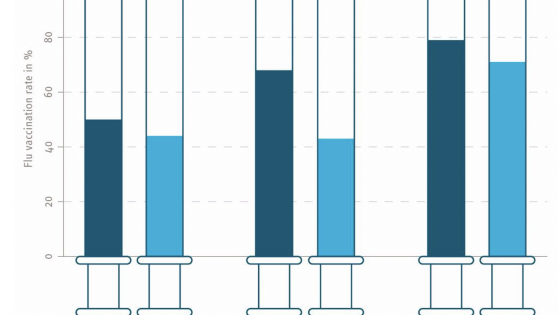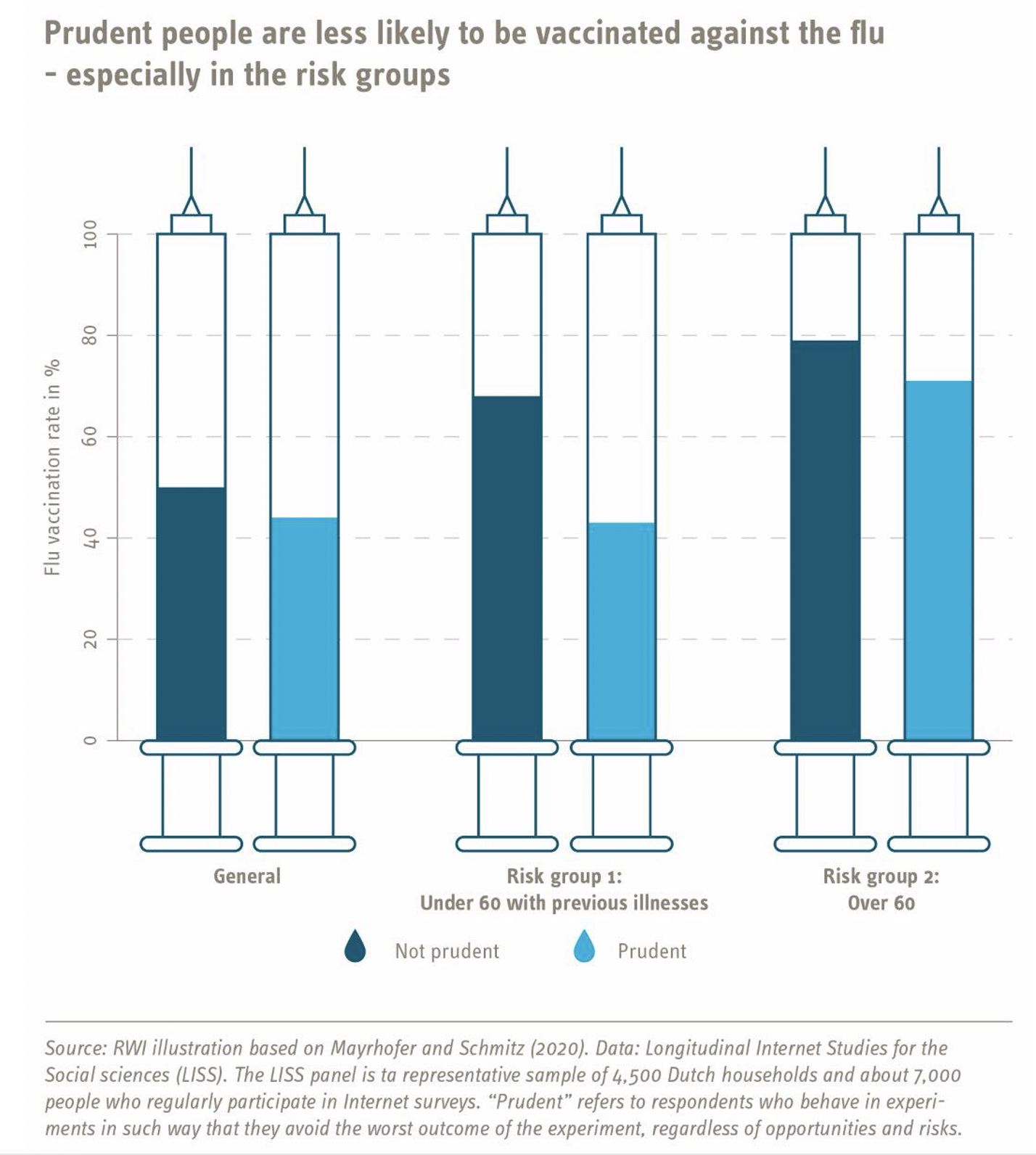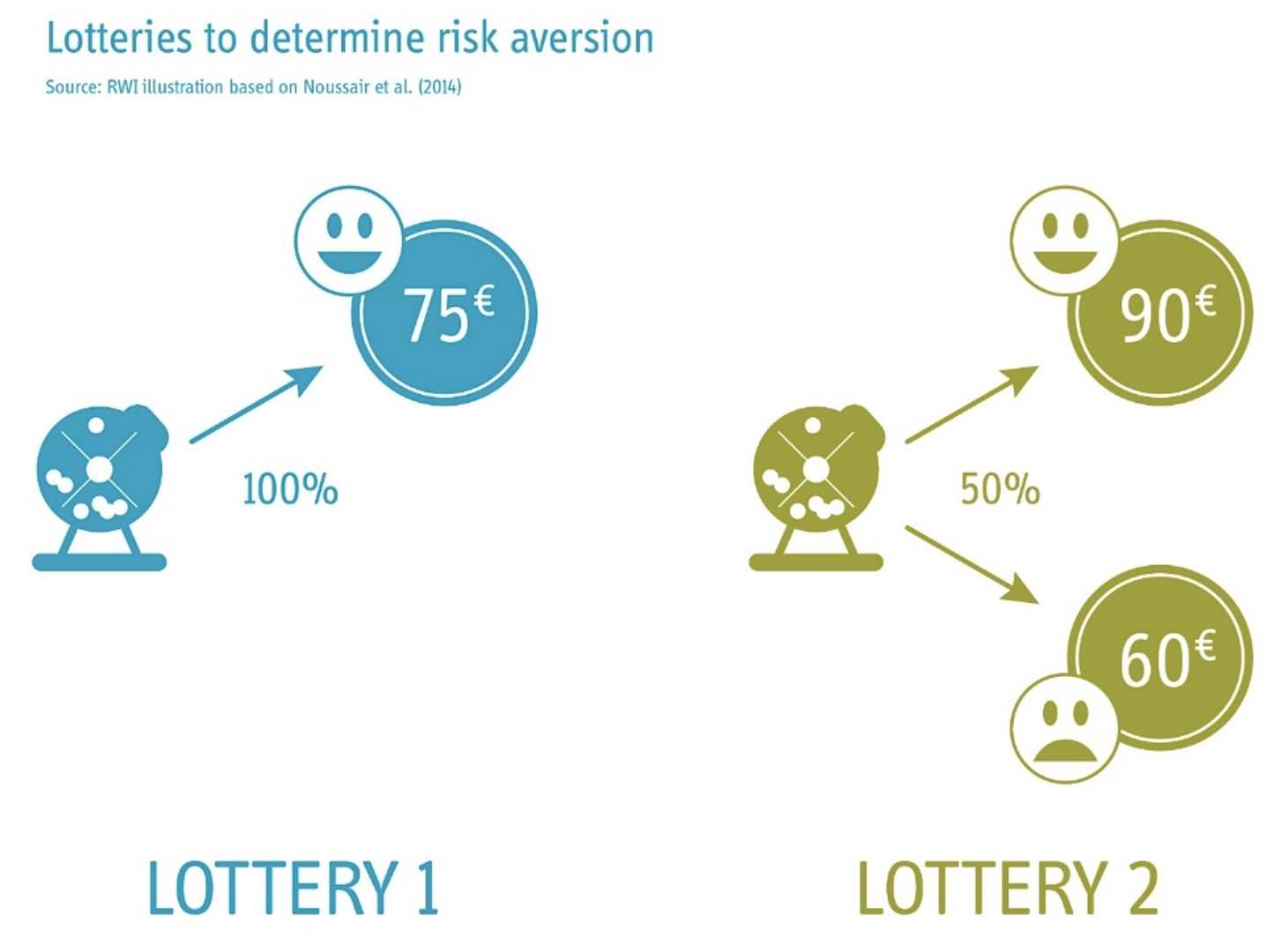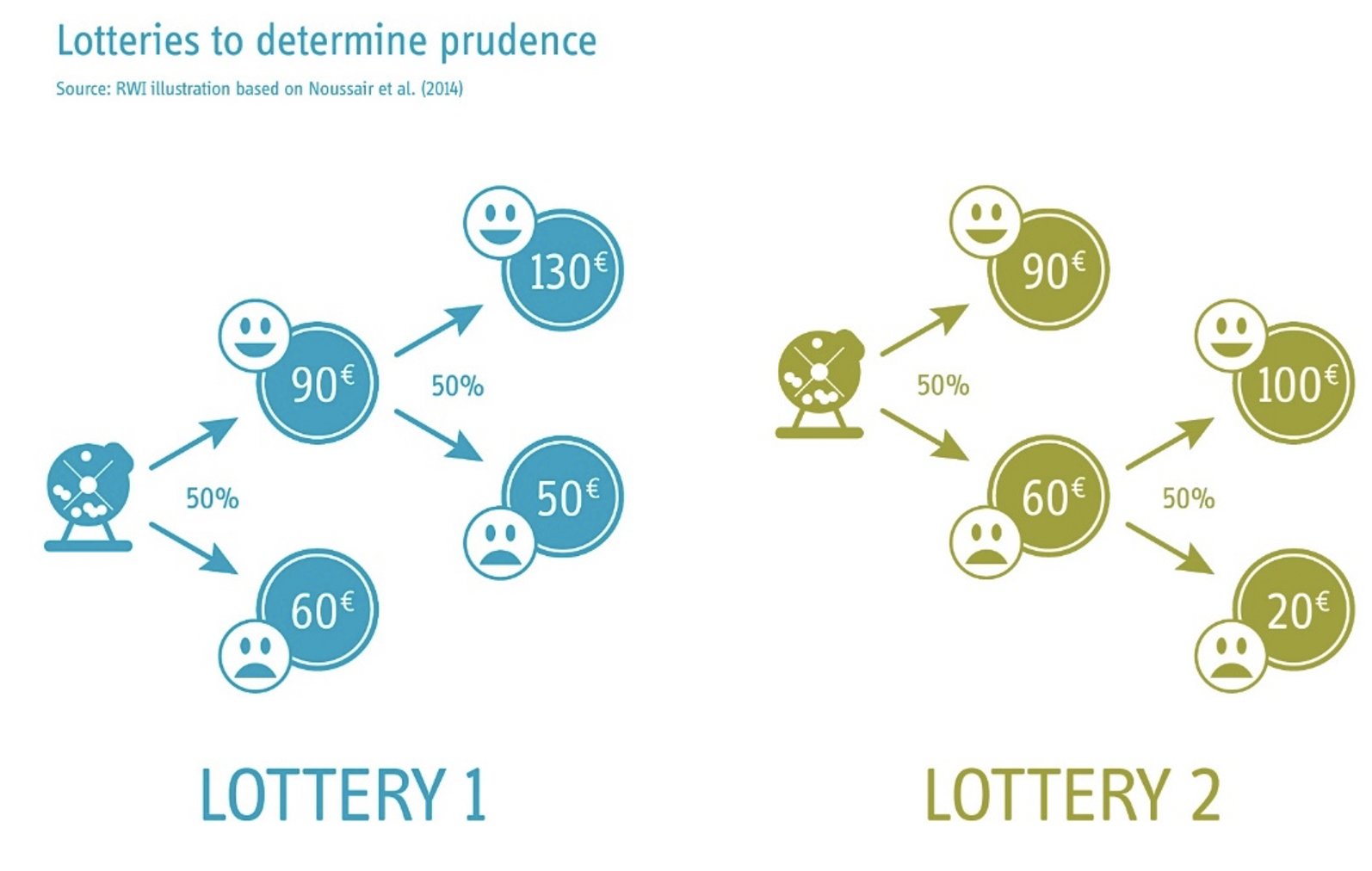Within the next few weeks, vaccines against Covid-19 will be available in many countries. At first, the demand for the vaccine will probably be greater than the supply. Public debate has therefore focused mainly on the importance of fair and equal access to vaccination. However, it is not yet clear that concerns of equality will be the most important social problem in this context. In the medium-term, it might also be the opposite: a limited demand and a decline in the willingness to take the vaccine. This could jeopardise the achievement of herd immunity. In Germany, for instance, the stated willingness to be vaccinated against Covid-19 declined from around 70% in April to around 54% in November (HCHE 2020, COSMO group 2020). Numbers in other European countries are comparable (HCHE 2020).
Governments in most countries, including the UK, Germany, and France, have either expressed concerns regarding compulsory vaccination or explicitly ruled it out. This is understandable because there are many good reasons – both political and ethical – for the principle of voluntariness. This raises the question of how to convince as many people as possible to get vaccinated. However, before this question can be examined, it is necessary to understand why some people are against vaccination. This is of interest not only to health policymakers but also to scientists.
Economists often approach such decisions – for example, whether or not to be vaccinated or take out an insurance policy – through the concept of risk aversion. The idea is that risk-averse people want to reduce uncertainty. The greater the risk aversion, the more likely they are to opt for the safer option (for example, bicycle insurance). On the contrary, risk-willing individuals accept the risk of theft and forego insurance. Similarly, one might think risk-averse individuals would get vaccinated, while risk-willing individuals would not. However, a recent study by the RWI – Leibniz Institute for Economic Research, Paderborn University, and the Stralsund University of Applied Sciences shows that it is not quite that simple (Mayrhofer and Schmitz 2020). In this study, the authors used representative data from experiments that were conducted in the Netherlands in which the willingness to take risks was examined. The participants were also asked whether they had been vaccinated against the flu.
According to the results, the decision on getting vaccinated does not depend on how risk-willing or risk-averse someone is but rather on ‘prudence’, a relatively under-explored concept. People with this characteristic tend to avoid the worst outcome of a decision. Regarding a vaccine this would be the following outcome: You get vaccinated, but you still get sick because the vaccine does not work. It could also be associated with side effects and discomfort. Mayrhofer and Schmitz (2020) examine data originally generated by Noussair et al. (2014). Around 3,500 individuals took part in (partly) incentivised experiments to elicit their risk preferences. The study shows that around three-quarters of those surveyed can be characterised as prudent. They do not simply weigh up the benefits and risks against each other but rather try to avoid the worst outcome. Prudence can be measured experimentally as described below.
For the current situation, the decisive factor is the result that prudent individuals are less likely to be vaccinated against the flu under otherwise similar conditions. In the non-prudent group, the vaccination rate was 50%; in the prudent group, it was 44% (Figure 1). This relationship is particularly strong in the risk groups, especially among younger people with pre-existing conditions. Of those under 60 years of age who had previously been ill, 68% of the non-prudent individuals had been vaccinated, while only 43% of the prudent individuals had taken the vaccine. Especially for individuals at risk for whom vaccination is clearly recommended, prudence tends to discourage them from getting vaccinated.
Figure 1 Prudence and likelihood of vaccination
The results could be relevant for dealing with the Covid-19 vaccination, especially because the risk groups are similar. Thus, for many people, the decision whether to get the Covid-19 vaccine may be less a matter of simply weighing up the personal risk of illness and more a matter of the concerns associated with a vaccine. Despite the greater risk of a serious course of the disease, these concerns could discourage people – in particular risk groups – from getting vaccinated. Therefore, in order for a vaccine to be successful, it may be important to take these concerns (especially those regarding safety and efficacy) seriously and address them.
While Mayrhofer and Schmitz (2020) examine revealed preferences regarding influenza vaccination, and the COSMO group (2020) describe stated preferences regarding Covid-19 vaccination, their findings are remarkably similar. The COSMO group (2020) showed that those respondents who state that they take into account expected costs and benefits before making an (arguably rational) decision about vaccination also have a lower propensity to get vaccinated. Moreover, as shown by the COSMO group (2020), stated preferences regarding Covid-19 vaccination are highly similar to those regarding influenza vaccination.
Politicians should therefore not present the decision about vaccination as a simple risk assessment but rather also appeal to social responsibility. After all, vaccination not only protects those who are vaccinated but also the people in their communities. Because other studies, especially the one by Noussair et al. (2014), indicate that prudent individuals have a higher level of education on average, information campaigns on vaccination should also use channels that reach well-educated individuals in particular.
Measuring prudence
The data on risk aversion and prudence used in the study were collected by Noussair et al. (2014) in a manner typical of laboratory experiments. In simplified terms, the experiment is conducted as follows. First, the risk aversion of the respondents is determined. To do this, participants must choose between one of two lotteries. In Lottery 1, they receive a guaranteed pay-out of €75. In Lottery 2, they will receive either €90 or €60 with equal likelihood (Figure 2). Both alternatives have the same expected value of €75. However, risk-averse individuals prefer the option with the lower variance (i.e. the safe pay-out of €75).
Figure 2 Lotteries to determine risk aversion
In order to measure prudence, the lottery is expanded (Figure 3). In Lottery 1 (left), if a participant wins €90, a second draw is made – €40 will be either added to or deducted from the €90. In Lottery 2 (right), a second draw is made if the participant wins €60. Both lotteries now have the same expected value and the same variance. Thus, risk aversion can no longer explain which lottery is chosen because both lotteries are equally certain or uncertain with regard to the pay-out amount. However, Lottery 1 has a greater skewness: The pay-out amount is more likely to be below the expected value of €75, but the participant gets at least €50. Prudent individuals thus prefer this option over Lottery 2 in which they could end up with only €20 – although in the Lottery 2, they would have a greater chance of going home with more than €75.
Figure 3 Lotteries to determine prudence
Note: The data were collected in an internet survey. In order to verify the results, some of the respondents were actually able to participate in the lottery and keep the pay-out.
References
COSMO group (2020), “Covid-19 Snapshot monitoring, Impfungen”, accessed on 8 December 2020.
HCHE (2020), “Corona-Forschung”, accessed on 8 December 2020.
Mayrhofer, T and H Schmitz (2020), “Prudence and prevention – Empirical evidence”, Ruhr Economic Papers #863.
Noussair, C N, S T Trautmann and G van de Kuilen (2014), “Higher Order Risk Attitudes, Demographics, and Financial Decisions”, Review of Economic Studies 81(1):325–355.









